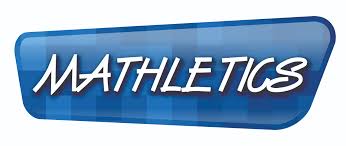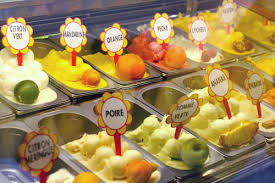The text we will be basing most of our learning around next half term is this one:
An Inconvenient Truth by Al Gore.
Click here to link to the website that accompanies the book and film. It contains lots of useful information, as does the wikipedia entry about the film.
The film is available to view on youtube (correct at the time of writing) but please ask permission from an adult in your family before using youtube. The film is classified E which means it is an educational video and all ages can view it but it is important to check with adults before using the youtube website.
Here’s how we’ll be linking this book to as many of our lessons as possible.
In Guided Reading – we will continue to read and analyse the book.
In Literacy – we will be learning how the book is both an explanation text and a persuasive text and we’ll be examining the features of both styles of writing.
In Extend Writing – we will be writing our own explanation texts and persuasive writing.
In Geography – we will be learning about climate change and how it effects different parts of the planet.
In Science – we will be learning about Space and in particular about Planet Earth.
In D.T. – we will be designing and making a model eco-home.
In Maths – we will be looking at data handling (graphs, charts and tables) and how they are used in the book.
One book = lots of learning.
Here’s an extra bit of learning for you. Al Gore who presents the movie and wrote the book, was the Vice President of the USA from 1992-2000 during the administration of President Bill Clinton. He contested the 2000 Presidential election as a Democratic Party candidate. Although he got more votes throughout the country overall than his Republican opponent, George W Bush, he lost the election after a controversial court judgement. After losing the election, Al Gore returned to pursuing other interests, one of which was raising awareness about the issue of climate change – hence the birth of the film and book An Inconvenient Truth.















 In the next few days I should be able to book our class a visit to the Science Museum. If you haven’t visited the museum then you’re in for a treat. It’s a genuinely world class museum and it provides many fascinating educational opportunities. But the question I’ve got for you is this – what should we do during our visit to the museum? That’s right I want you to organise the trip – you get to be the teacher and make the decision as to what we do on our trip!
In the next few days I should be able to book our class a visit to the Science Museum. If you haven’t visited the museum then you’re in for a treat. It’s a genuinely world class museum and it provides many fascinating educational opportunities. But the question I’ve got for you is this – what should we do during our visit to the museum? That’s right I want you to organise the trip – you get to be the teacher and make the decision as to what we do on our trip!
